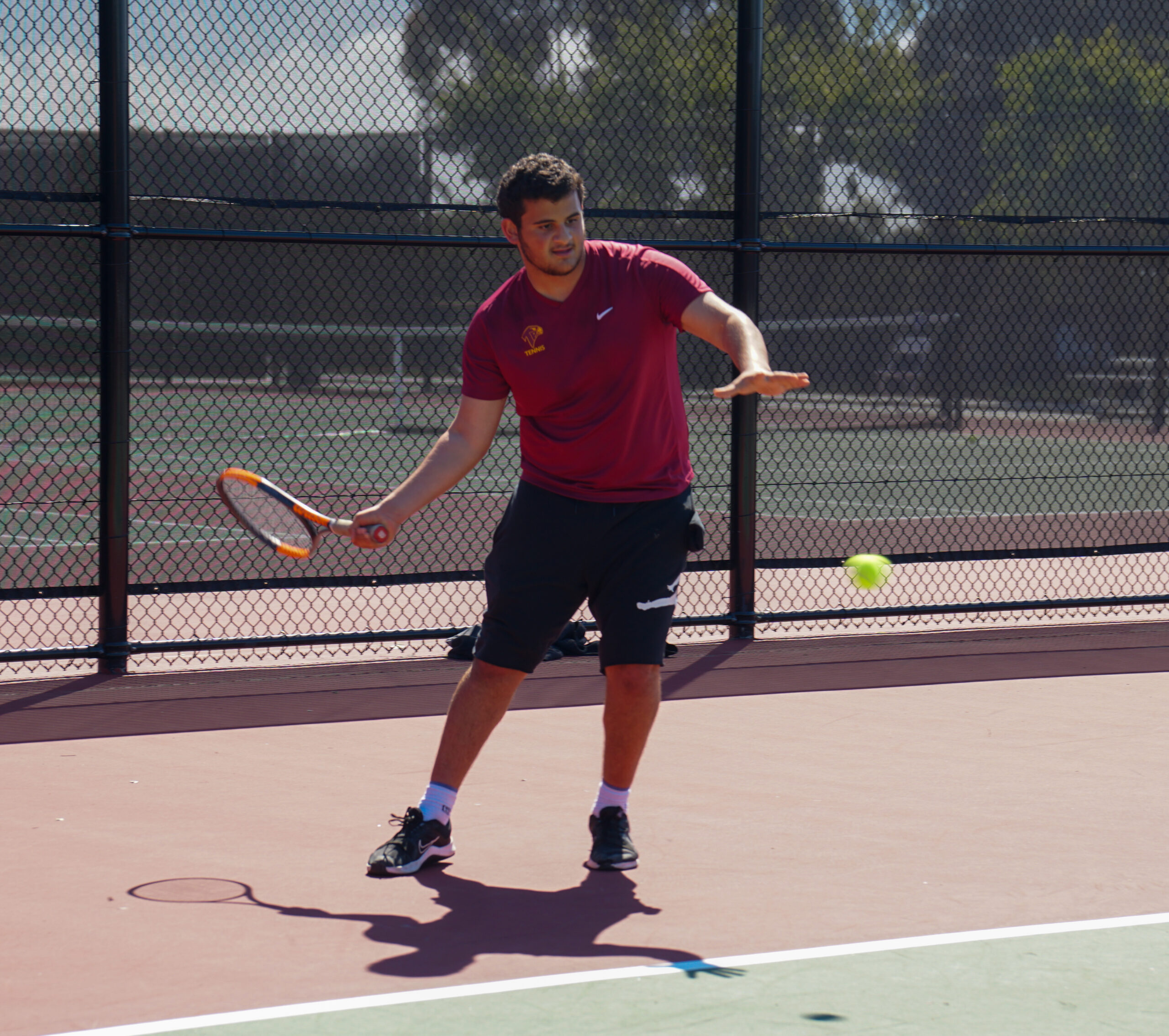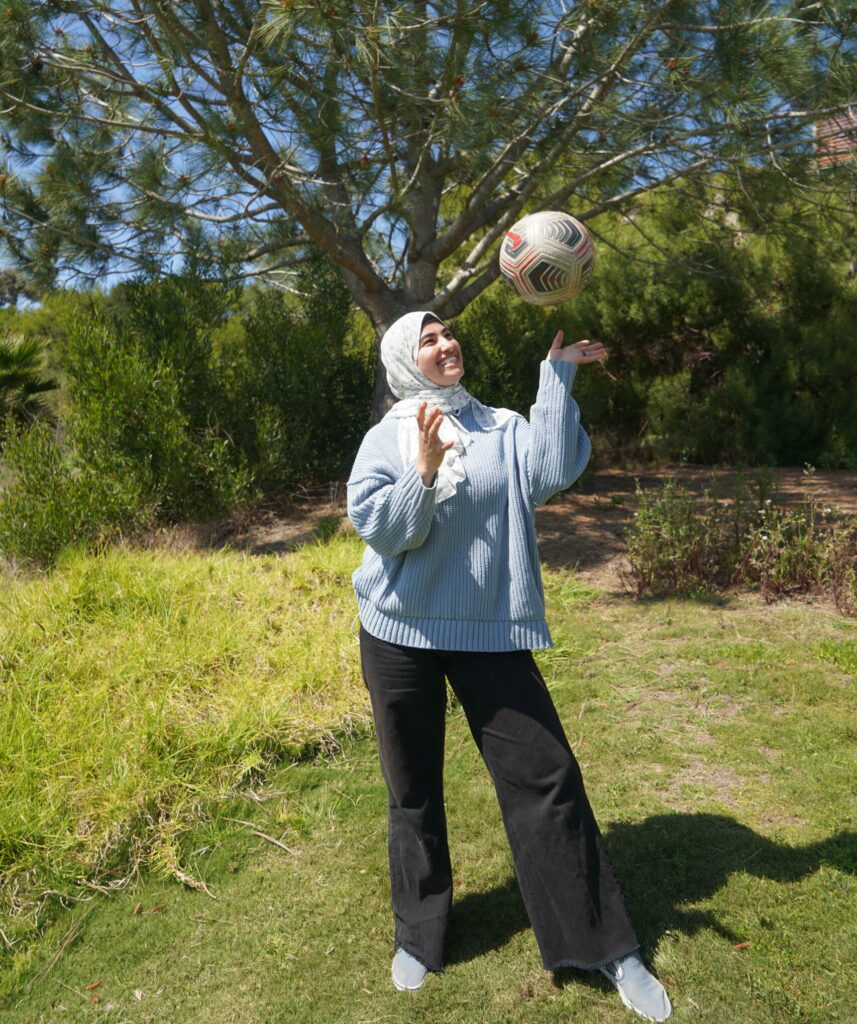
Ramadan, from the court to the field
On March 10, Zakariah Kadri (11) began a fast, one that will last until April 9. Two days later, he helped the TPHS JV boys tennis team clinch a 17-1 win against La Costa Canyon High School.
The evening of March 12 marked the beginning of Ramadan, the ninth month in the Islamic calendar. For approximately 30 days, Muslims fast from sunup to sundown and focus on charity and good deeds.
For some Muslim athletes at TPHS, this fast means the absence of food and water during games and practices.

“Fasting while practicing or playing is honestly not as bad as you would think it is,” Kadri, captain of the JV boys tennis team, said. “You may sometimes feel like you’re thirsty throughout the day, but I step onto the court and I don’t feel the need for food or water anymore.”
For Kadri, time spent on the court can actually aid in his fast.
“It’s when I’m not doing anything — on weekends when I have no practice and I’m just sitting at home — that I find myself taking a walk to the fridge,” Kadri said.
TPHS social science teacher and Muslim Student Association adviser John Milner said he has observed an effect similar to the one Kadri described.
“In a lot of ways, sometimes you could go into that flow state, and you’re even more focused [during a fast],” Milner said.
While Kadri continues his tennis with relative ease during Ramadan, other athletes see a change in their performance.
“It’s really humbling to play sports during Ramadan,” Aryam Manasrah (12) said. “You do take more breaks and you do have to focus on what your body is saying to feel grounded. That may be tough, but you can overcome it.”
Manasrah played soccer on her former school’s team and now plays for recreation, including during Ramadan. For Manasrah, waking up for Suhoor, the meal eaten right before sunrise pre-fast, and communicating with her coaches allowed her to maintain energy during practice and remain on her team throughout Ramadan.

“Fasting while practicing or playing is honestly not as bad as you would think it is,” Kadri, captain of the JV boys tennis team, said. “You may sometimes feel like you’re thirsty throughout the day, but I step onto the court and I don’t feel the need for food or water anymore.”
“I told my coaches about my fasting and every time I didn’t look okay, I was allowed a five- to 10-minute break to regain energy and fitness to prevent myself from fainting,” Manasrah said.
In fact, for Manasrah, playing a sport during Ramadan makes an athlete stronger.
“Just like anyone, I don’t feel any less than another person who has been drinking or eating all day,” said Manasrah. “You are just as powerful and important to the team during Ramadan, no matter what.”
Photos by Anna Opalsky/Falconer and Hope Dennis/Falconer
